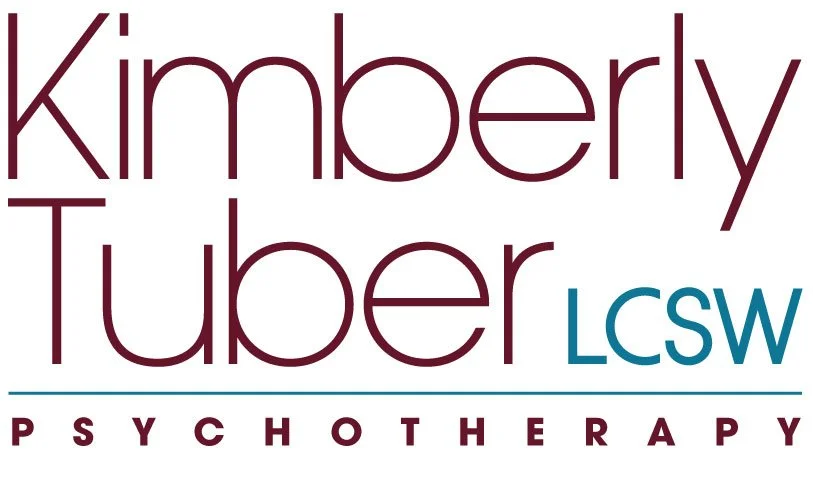My Practice
Education
New York University - Master of Social Work
University of Denver - Bachelor of Arts
Experience
Private Practice
New York, Connecticut, New Jersey
The Anxiety Institute
Greenwich, Connecticut
New York Presbyterian Hospital
White Plains, New York
Mount Kisco CBT
Mount Kisco, New York
The Children’s Village
Dobbs Ferry, New York
Advanced Training
Beck Institute - Cognitive Behavioral Therapy
Beck Institute - Dialectical Behavioral Therapy
Dr. David Burns - CBT tools for Depression and Anxiety
Dr. David Burns - Certified TEAM Therapist
Dialectical Behavioral Therapy for Eating Disorders
Affiliations
New York Presbyterian Hospital
The Anxiety Institute
The Beck Institute
National Association of Social Workers
American Psychological AssociationSOCITIO
Clinical Social Work Association
Specialties
Obsessive Compulsive Disorder
Anxiety and Panic Disorders
Depressive Disorders
Attention Deficit Disorder
Self-Injurious Behaviors
Personality Disorders
Mood Dysregulation
Substance Induced Mood Disorder
Bipolar Disorder
Psychotic Disorders
Mood Dysregulation
Couples Disorder
Modalities of Treatment
Cognitive Behavioral Therapy (CBT)
Dialectical Behavioral Therapy (DBT)
Acceptance Commitment Therapy (ACT)
Exposure Therapy
Emotional Regulation Therapy (ERT)
Psychodynamic Psychotherapy
Strengths Based Therapy
Attachment Based Behavioral Therapy
Structural Family Therapy
Bowen Family Therapy
Couples Counseling
Gottman Method
Practice Information
-
If you are unable to attend a session, please make sure you cancel at least 24 hours beforehand. I do not charge for cancellations due to medical emergencies.
-
I am a pay for service provider. However, I will provide you with a monthly superbill that you can submit to insurance for out of network reimbursement. Many of my clients receive 80% reimbursement for their session fee. I recommend that clients check and understand their specific insurance out of network coverage prior to starting counseling.
-
I provide clinical services during weekdays from 8:00 am to 6:00 pm.
If an emergency issue arises, I recommend seeking care from your family physician, Emergency Department, or that you call 9-1-1.
Other resources:
Crisis Text Line: New York State has partnered with Crisis Text Line, an anonymous texting service available 24/7. Starting a conversation is easy. Text GOT5 to 741741.
NYC WELL: New York City’s free, confidential support and crisis intervention for anyone seeking help for mental health and/or substance misuse concerns, available 24/7. Text “WELL” to 65173 or call 1-888-NYC-WELL.

